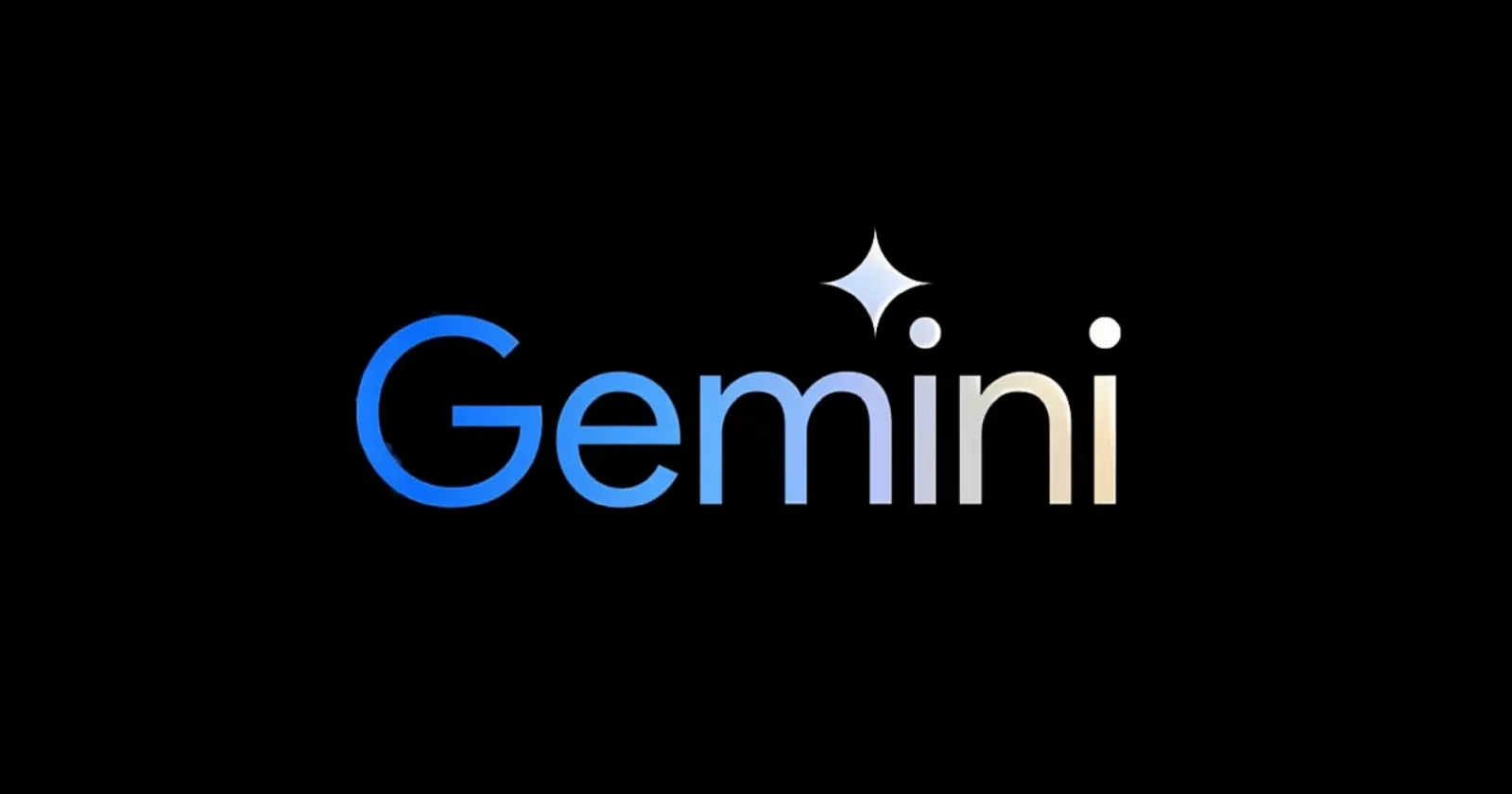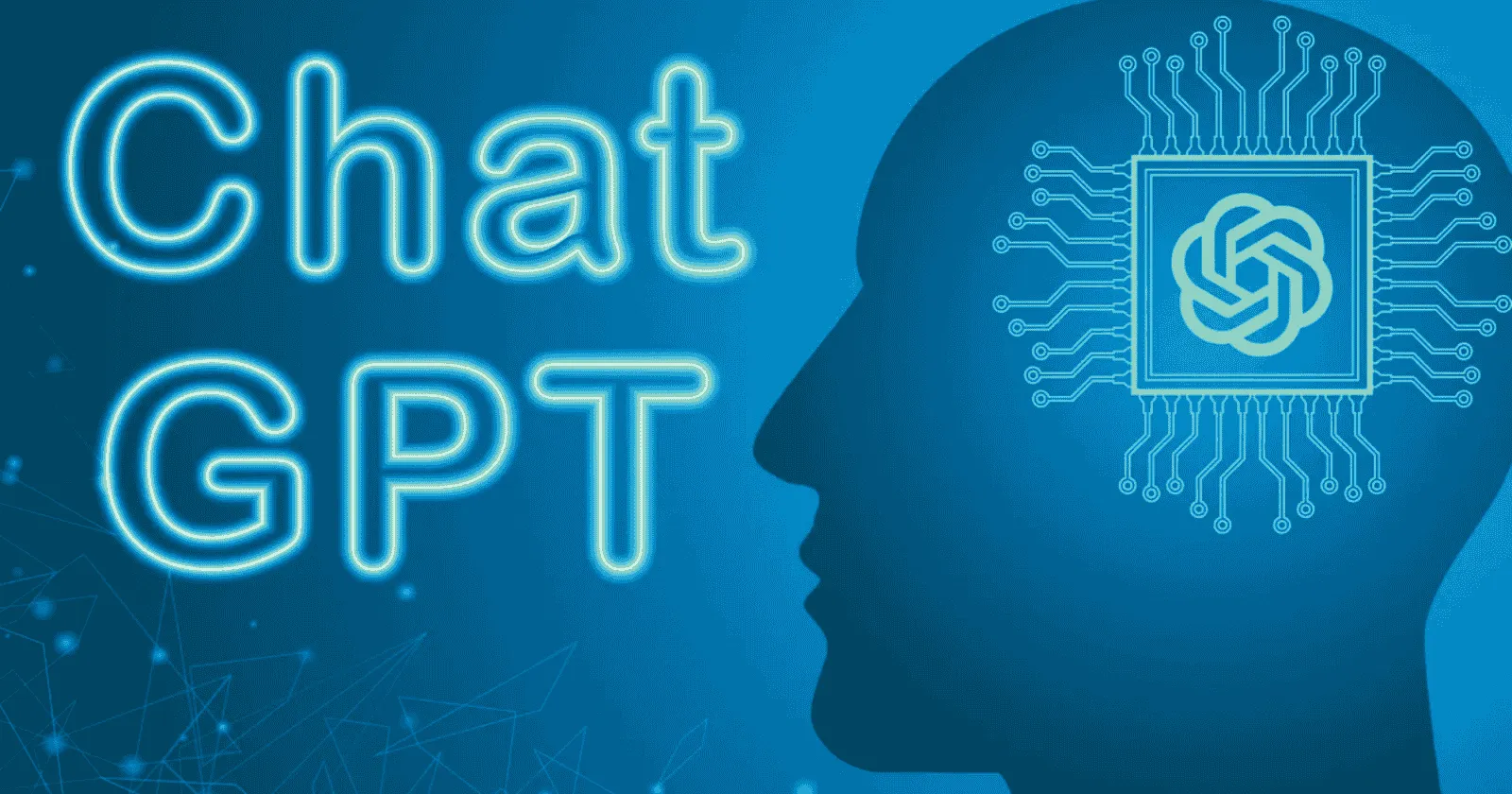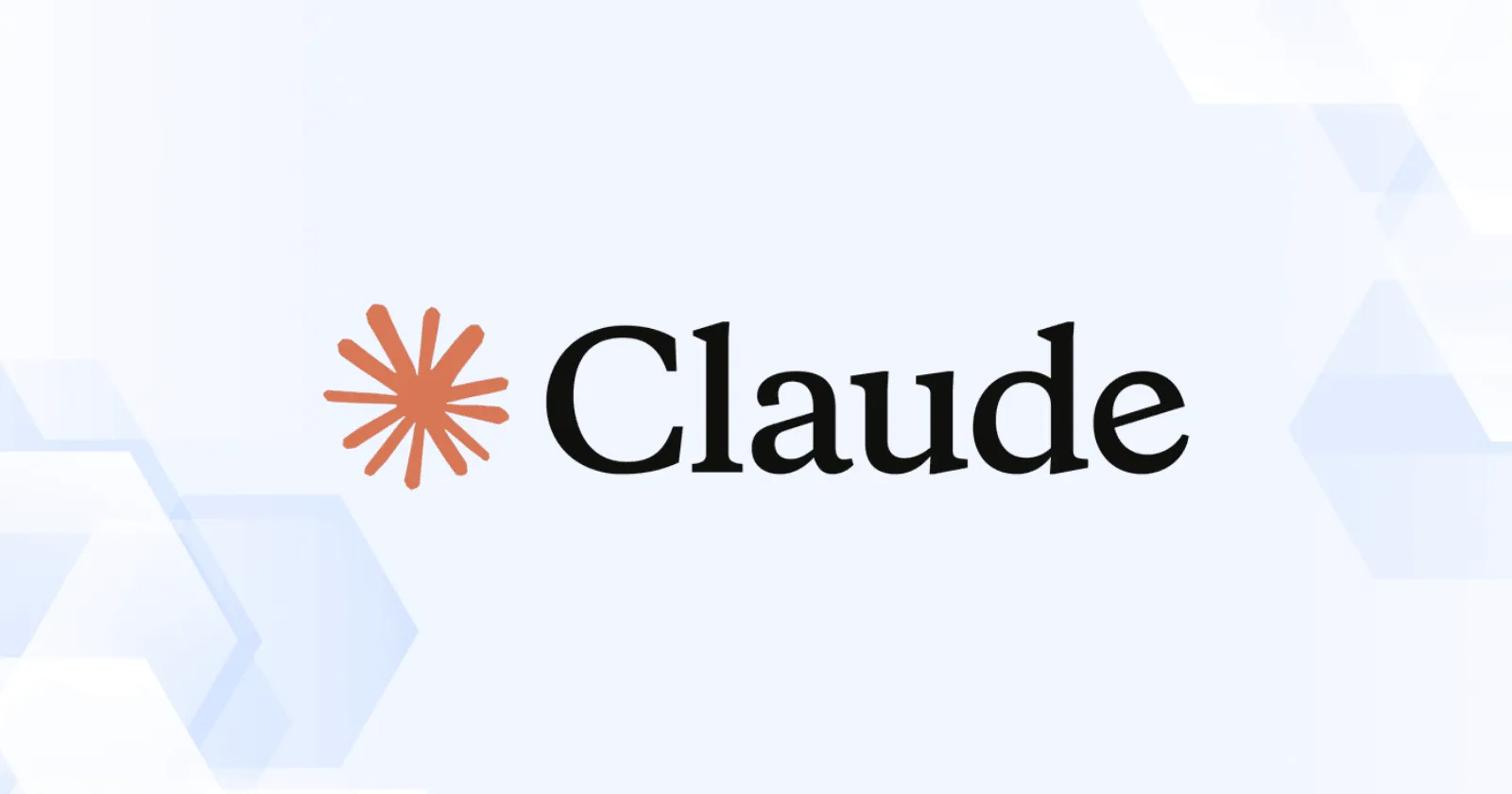Claude vs. Gemini vs. ChatGPT: Enterprise Privacy Showdown (2025)
A sobering 63% of enterprises have experienced data leaks through AI tools, costing an average of $4.2 million per breach as organizations struggle to balance innovation with data security.
TL;DR: In the enterprise AI space, the privacy capabilities of Claude, Gemini, and ChatGPT differ significantly. Claude leads with custom retention controls and no training on customer data, Gemini offers flexible retention periods but limited controls, while ChatGPT Enterprise provides robust admin features but less granular data retention options. Organizations must prioritize these differences based on their specific compliance requirements, data sensitivity, and usage patterns.
Table of Contents
- Claude vs Gemini vs ChatGPT
- Why It Matters in 2025
- Key Privacy Features Comparison
- Data Retention Policies
- Training Data Practices
- Compliance Certifications
- Enterprise Deployment Models
- Claude Enterprise
- Gemini for Google Cloud
- ChatGPT Enterprise
- Pros & Cons
- Pricing / ROI
- Claude Enterprise
- Gemini for Google Cloud
- ChatGPT Enterprise
- How to Get Started
- 1. Assess Your Privacy Requirements
- 2. Evaluate Platforms Against Requirements
- 3. Pilot with Privacy Governance
- 4. Implement Privacy Training
- 5. Monitor and Adapt
- Key Takeaways
- Author Bio
- Frequently Asked Questions (FAQ)
Claude vs Gemini vs ChatGPT
Enterprise privacy for generative AI tools refers to the comprehensive set of features, policies, and technical controls that protect sensitive organizational data when using AI systems like Claude, Gemini, and ChatGPT in business environments. This includes data retention policies, input/output handling, training practices, access controls, and compliance certifications.
Featured Snippet Answer: Enterprise privacy for generative AI tools encompasses the security features and data handling practices that protect company information when using AI systems in business settings. This includes data retention controls, training data policies, user permissions, audit logging, and compliance certifications that ensure sensitive information remains secure while still leveraging AI capabilities.
Read also: AI for Real-Time Market Analysis
Why It Matters in 2025
As generative AI becomes deeply embedded in enterprise workflows, privacy considerations have never been more critical. Several factors make this a defining issue in 2025:
- Regulatory Evolution: With the EU AI Act now in effect and similar legislation emerging globally, enterprises face substantial compliance requirements and potential penalties.
- Intellectual Property Concerns: High-profile cases of AI systems reproducing proprietary information have heightened awareness about how these systems handle sensitive corporate data.
- Competitive Intelligence Risks: Without proper privacy controls, valuable strategic information can be exposed to competitors through AI systems’ training processes.
- Customer Trust: Enterprise clients increasingly demand transparency about how their data is used, stored, and protected when interacting with AI systems.
- Hybrid Work Reality: With distributed teams using AI tools across various networks and devices, maintaining consistent privacy controls is increasingly complex.
These trends are forcing organizations to carefully evaluate the privacy features of their AI vendors before deployment, with CISOs now commonly having veto power over AI implementation decisions [Source: Shared Security Podcast].
Key Privacy Features Comparison
Let’s examine how the leading enterprise AI offerings—Claude, Gemini, and ChatGPT—compare across critical privacy dimensions:
Data Retention Policies
Claude Enterprise:
- Custom retention periods: Administrators can set organization-specific retention periods from 0 days to indefinite
- Zero data retention option: Complete deletion of conversations immediately after completion
- Granular controls: Different retention settings for different teams or departments
- API vs. UI retention: Separate controls for API usage versus web interface interactions
Google Gemini for Google Cloud:
- Default 72-hour retention: Basic safety and system maintenance retention period
- Optional extended retention: Can be limited to 3 months or 36 months
- Limited granularity: Retention settings apply broadly across the organization
- Region-specific options: Different retention capabilities in some geographic regions
ChatGPT Enterprise:
- Default business day retention: Conversations stored until end of business day
- Admin-controlled deletion: Workspace administrators set retention policies
- 30-day deletion window: Deleted conversations removed within 30 days unless legally required to retain
- Limited team-level controls: Less granular than Claude’s department-specific options
Read also : AI for SEO: Using Perplexity & Claude to Build Topic Clusters

Training Data Practices
Claude Enterprise:
- No customer data training: Claude explicitly does not train on customer data
- Clear opt-out mechanisms: Enterprise customers automatically excluded from training
- Training transparency: Published documentation on training data sources
- Data silos: Enterprise data segregated from consumer data pools
Google Gemini for Google Cloud:
- Default opt-out for enterprises: Enterprise data not used for training by default
- Regional variations: Different training data policies based on jurisdiction
- Admin controls: Ability to manage training participation through admin console
- Confidential computing: Enhanced protections for sensitive workloads
ChatGPT Enterprise:
- No training on enterprise data: Business data not used to train global models
- Separate data handling: Enterprise data processing segregated from consumer service
- Data isolation: Enterprise conversations not shared with contractors for reviews
- Transparency reporting: Regular disclosure of data handling practices
Compliance Certifications
All three platforms maintain robust compliance certifications, though with some variations:
| Certification/Standard | Claude Enterprise | Gemini for Google Cloud | ChatGPT Enterprise |
|---|---|---|---|
| SOC 2 Type II | ✓ | ✓ | ✓ |
| GDPR Compliance | ✓ | ✓ | ✓ |
| HIPAA Eligible | ✓ | ✓ | ✓ |
| ISO 27001 | ✓ | ✓ | ✓ |
| FedRAMP | Moderate (In Process) | High | Moderate |
| ITAR Compliance | Limited | Available | Limited |
| COPPA | ✓ | ✓ | ✓ |
This certification landscape continues to evolve as regulations change and vendors enhance their compliance programs. Organizations with specific regulatory requirements should verify the latest compliance status directly with each vendor.
Enterprise Deployment Models
How AI tools are deployed significantly impacts their privacy characteristics. Here’s how the three platforms compare:
Claude Enterprise
- Cloud-based service: Primarily offered as SaaS with enterprise-grade security
- Private cloud options: Available for high-compliance environments
- API-first approach: Extensive API capabilities for custom integrations
- No on-premises option: Currently does not offer fully on-premises deployment
- VPC deployment: Available in customer’s Virtual Private Cloud for enhanced security
Gemini for Google Cloud
- Google Cloud integration: Deeply integrated with GCP security architecture
- Vertex AI deployment: Available through Vertex AI with enhanced security controls
- Regional availability: Can be deployed in specific geographic regions for data sovereignty
- API and UI access: Accessible through multiple interfaces with consistent security
- Private Service Connect: Enables private connectivity between VPC networks
ChatGPT Enterprise
- Cloud-based offering: Delivered as a secure SaaS solution
- Dedicated capacity: Options for dedicated infrastructure
- Azure integration: Leverages Microsoft Azure security framework
- Private IP networking: Support for private network connectivity
- Enterprise SSO: Single sign-on integration with corporate identity providers
Organizations with strict data sovereignty requirements should closely examine where data is processed and stored by each vendor, as this varies by region and deployment option.
Read also : Devin AI Autonomous Coding review
Pros & Cons
Each platform offers distinct advantages and disadvantages in their privacy features:
| Platform | Privacy Strengths | Privacy Limitations |
|---|---|---|
| Claude Enterprise | • Most customizable retention controls • Zero retention option available • No training on customer data • Strong documentation and transparency |
• Fewer deployment options than competitors • Limited regional data processing options • FedRAMP certification still in process • Newer in the enterprise market |
| Gemini for Google Cloud | • Strong Google Cloud security integration • Advanced regional controls for data sovereignty • Highest FedRAMP certification level • Confidential computing options |
• Less granular retention controls • Minimum 72-hour data retention • Complex admin console for some settings • Policies vary significantly by region |
| ChatGPT Enterprise | • Strong admin controls and visibility • Established enterprise presence • Azure security framework integration • Comprehensive audit logging |
• Less flexible retention periods • 30-day deletion window • More complex pricing structure • Regional availability limitations |
Pricing / ROI
Pricing for enterprise AI privacy features varies significantly across platforms, with some charging premium fees for enhanced privacy controls:
Claude Enterprise
- Base enterprise plan: Includes essential privacy controls
- Custom retention features: Available without additional cost
- Volume-based pricing: Based on API usage or user seats
- Security add-ons: Additional costs for VPC deployment and advanced security
Gemini for Google Cloud
- Integration with GCP: Part of broader Google Cloud pricing
- Tiered model: Different pricing for standard vs. enhanced privacy features
- Per-1000 tokens pricing: Costs based on prompt and response tokens
- Advanced security features: Premium pricing for confidential computing
ChatGPT Enterprise
- Seat-based pricing: Per-user pricing model
- All privacy features included: No separate charges for security features
- Volume discounts: Pricing adjustments for larger deployments
- Custom contracts: Negotiable terms for large enterprises
Read also : Prompt Engineering for Financial Analysts: Expert Guide
When calculating ROI for enterprise privacy features, organizations should consider:
- Risk mitigation value: Cost savings from preventing potential data breaches
- Compliance costs: Reduced expenses for maintaining regulatory compliance
- Legal protection: Reduced liability exposure from data mishandling
- Trust premium: Value of maintaining customer and partner trust

How to Get Started
Implementing enterprise-grade privacy for generative AI requires a thoughtful approach:
1. Assess Your Privacy Requirements
- Identify your organization’s regulatory compliance needs (GDPR, HIPAA, etc.)
- Catalog sensitive data types that might be processed through AI systems
- Determine your minimum retention requirements and maximum retention limits
- Document regional data processing requirements or restrictions
- Consult legal, compliance, and security teams for input
2. Evaluate Platforms Against Requirements
- Request detailed privacy documentation from each vendor
- Schedule demonstrations focused specifically on privacy features
- Ask for customer references in similar compliance situations
- Review vendor security certifications and audit reports
- Assess alignment with your existing security architecture
3. Pilot with Privacy Governance
- Start with a limited pilot that includes privacy monitoring
- Create clear usage policies for AI tools that address privacy
- Implement technical guardrails based on vendor capabilities
- Document any privacy gaps and mitigation strategies
- Conduct privacy impact assessments during the pilot
4. Implement Privacy Training
- Develop user training specific to AI privacy considerations
- Educate administrators on privacy control configuration
- Create guidelines for what information should not be shared with AI systems
- Establish clear escalation paths for potential privacy concerns
- Conduct regular privacy awareness sessions
5. Monitor and Adapt
- Implement logging and monitoring for AI system usage
- Regularly review access patterns and potential anomalies
- Stay current with vendor privacy feature updates
- Adjust policies and controls as regulatory landscape evolves
- Conduct periodic privacy audits of your AI implementation
Key Takeaways
- No One-Size-Fits-All: Each platform offers distinct privacy advantages, requiring alignment with your specific requirements.
- Retention Control: Claude offers the most flexible retention options, with zero-retention capabilities that may benefit highly regulated industries.
- Training Transparency: All three platforms now explicitly avoid using enterprise data for training, but implementation details differ.
- Deployment Options: Gemini provides the most options for data sovereignty through Google Cloud’s global infrastructure.
- Compliance Landscape: While all three maintain essential certifications, specific compliance needs may favor one platform.
- Privacy Governance: Technical controls must be paired with strong policies, training, and monitoring for effective protection.
Author Bio
GPTGist (AI Strategist Team @ GPTGist) focuses on helping organizations leverage AI for growth and impact. Connect with us on LinkedIn.
Frequently Asked Questions (FAQ)
1. Can enterprise AI providers access my organization’s proprietary data?
It depends on the provider and your configuration. Claude Enterprise, Gemini for Google Cloud, and ChatGPT Enterprise all offer controls to prevent provider access to your data. Claude offers the most restrictive option with zero-retention policies, meaning your data is not stored after processing. All three providers have contractual commitments not to use enterprise customer data for training their models, but implementation details vary.
2. How do data residency requirements affect my choice of AI platform?
Data residency requirements significantly impact platform selection. Gemini for Google Cloud offers the most extensive regional options through Google’s global infrastructure. ChatGPT Enterprise provides data residency options through Azure’s regions. Claude has more limited regional availability but is expanding its geographic footprint. Organizations with strict data sovereignty requirements should verify specific regional processing capabilities before selecting a platform.
3. What happens to my data when I delete it from these enterprise AI systems?
Deletion practices vary by platform. Claude Enterprise with zero-retention settings can process data without storing it at all. With standard retention, Claude deletes data according to your configured retention period. Gemini retains data for at least 72 hours for safety purposes before deletion. ChatGPT Enterprise removes deleted conversations from systems within 30 days. All platforms may retain data longer if legally required, such as for compliance with legal proceedings.
4. Do these enterprise AI platforms comply with healthcare privacy regulations like HIPAA?
Yes, all three platforms offer HIPAA-eligible configurations for healthcare data processing. Claude Enterprise, Gemini for Google Cloud, and ChatGPT Enterprise can all be used with Protected Health Information (PHI) when properly configured and covered by a Business Associate Agreement (BAA). Healthcare organizations should work closely with each vendor to ensure proper implementation of HIPAA-compliant configurations and should verify the latest compliance status.
5. Can I use these enterprise AI tools in highly regulated industries like finance or government?
Yes, but with appropriate configurations. All three platforms have customers in regulated industries. For financial services, look for SOC 2 Type II, ISO 27001, and GDPR compliance. For government applications, Gemini has the highest FedRAMP certification (High), while Claude and ChatGPT are at Moderate or in-process. Organizations in regulated industries should conduct thorough security reviews with their compliance teams before deployment and may need to implement additional controls.
Read also :
Voice Cloning Ethics Legal Guide





